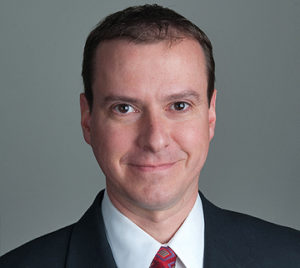Twenty-Fifth Sunday of Ordinary Time
September 22, 2019

Readings:
First Reading: Amos 8: 4-7
Responsorial Psalm: Psalm 113: 1-2, 4-6, 7-8
Second Reading: 1 Timothy 2: 1-8
Gospel: Luke 16: 1-13
As we enter into the gospel today, we hear a perplexing story of complex social relationships and unjust economic structures with twists and turns — we are even given a snapshot of monetary reckoning that seems bizarre to us today. As we continue our reading of Luke’s gospel this week, the parable — a story meant to provoke or indict as Jewish New Testament scholar Amy-Jill Levine puts it — presents us with the puzzle of what is the Good News now for us. We should not shy from this text: There is good news here — perhaps troubling, perhaps unexpected, but it points a path as we make our way in this worrisome world. How do you work with the system?
Our gospel today suggests there are many ways to work the system. It might even be from making use of, or renouncing, one’s wealth. Indeed, this parable both provokes and indicts. We open with a rumor that the rich landowner’s manager (oikonómos) was skimming profits off the top for himself. Common economic injustice of the day would be to extract a fee for the owner and then the manager apparently may have fixed the books so he could get a share as well. When he is confronted and loses his job, he panics. If I am back with the laborers, he thinks, they will know what I have done and I’ll be tossed out by them too. The manager decides to forgo his ill-gotten gains (he is named the “manager of unrighteousness” not dishonest manager) and to relieve part of the debt owed to the landowner. A hundred jugs of oil and a hundred containers of wheat would send the debtor to bankruptcy, as we might put it today. The manager forgives some of the exorbitant debt owed by cutting their interest rate. He spares them the risk of poverty. The landowner looks good; he looks good. Now that he is on the outs with the landowner, hopes his peers will take him back. He was trying to make right relationships, an investment for the future, even if it was in his own self-interest. He lets go of his commission. He is, as the narrative puts, shrewd. This is what he is praised for.
Jesus issues an indictment here. Either stay stuck in the ways of this world or lean into a new vision of right relationships. The here and now is passing, and we need to look to what really matters: not raising up our worldly wealth as an idol, but redirecting ourselves to God’s reign. If you care about a place here and now, wouldn’t you invest the same energy into a place of eternal welcome?
We are no strangers to corrupt systems — profit at the expense and exploitation of the lives of human beings trying to make a way and be healthy and secure. We hear this Sunday about a shrewd manager who knows how to work the system. His actions are not altruistic, but at least he does something. Jesus says, redirect your intentions, shift your focus, make the best use of what you have — however you may have come by it. There is still hope for tomorrow. Just don’t let the moment pass you by. Whether within the system, working the system, or chipping away from outside of the system, we can always choose to lift up others who may be left behind.
Richard E. McCarron, PhD
Associate Professor of Liturgy